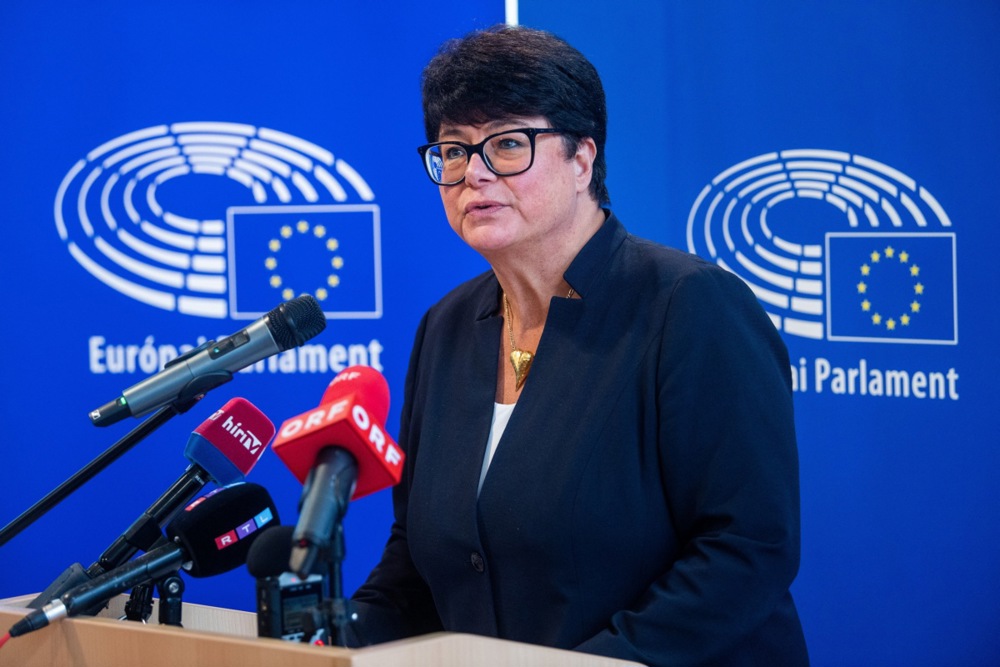The European Commission has told European Union Member States to “fast track” the bloc’s online censorship powers under the Digital Services Act (DSA).
Having come into effect for social media firms such as X and Facebook in August, the DSA requires such platforms to enforce EU-mandated censorship of online content the EC does not approve of.
With the final form of the legislation due to come into force in February 2024, Brussels is now asking Member States to effectively push this date forward by “informally” implementing the rest of the measures set out in the DSA.
We must quickly step up the fight against illegal & terrorist content online.
We will join forces with Member States to:
· coordinate our responses
· act faster
· protect vulnerable groups from intimidation
· ensure full compliance by major platforms with the #DSA— Ursula von der Leyen (@vonderleyen) October 18, 2023
These include the appointment of state-level authorities with the responsibility of enforcing the EU’s censorship scheme.
“The Commission is encouraging Member States to designate already now an independent authority to be part of a network of prospective Digital Services Coordinators, ahead of the legal deadline of February 17, 2024,” reads an EC press release.
Commissioners are also demanding the early implementation of an “incident response mechanism” between Brussels and national governments that they say would help enforce its censorship plan.
The European Commission has ignored anti-censorship pleas from Israel, stating that footage depicting Hamas “atrocities” and “war crimes”, or anything to do with the terrorist organisation, must be censored on the European internet. https://t.co/EL0gESQo1u
— Brussels Signal (@brusselssignal) October 18, 2023
In an attempt to justify this latest move, European Commission President Ursula von der Leyen referenced the recent Hamas terror attacks on Israel.
“Hamas’ terrorist attack has … led to an online assault of heinous, illegal content promoting hatred and terror,” she claimed.
“With our Digital Services Act, Europe now has strong rules to protect users, including vulnerable population groups, from intimidation and to ensure fundamental freedoms online.”
Such a statement is in keeping with claims made by other Commissioners who have repeatedly pushed for tighter online censorship in a bid to protect people from content depicting Hamas violence.
This desire to strip the European internet of subject matter relating to Hamas war crimes goes against the wishes of Israel itself.
“While we understand that the content is disturbing and very painful to watch, especially for us, we believe the world needs to see the truth and to know what atrocities took place in Israel,” Haim Regev, the Israeli Ambassador to the EU told Brussels Signal on October 17.
EC officials have openly ignored such anti-online censorship sentiments. A spokesman for the executive told Brussels Signal that the body considered such content as illegal and will work to see it deleted from the European internet.
“Content circulating online that can be associated to Hamas qualifies as terrorist content – it is illegal and needs to be removed under both DSA and TCO [terrorist content online rules] – as the organisations are listed on the EU’s terrorism list,” they said.
Elon Musk’s X has kowtowed to Brussels after the European Union’s censorship tsar Thierry Breton demanded a clampdown on “illegal” content linked to the Hamas attack on Israel. https://t.co/aGhCnmwCsZ
— Brussels Signal (@brusselssignal) October 12, 2023





